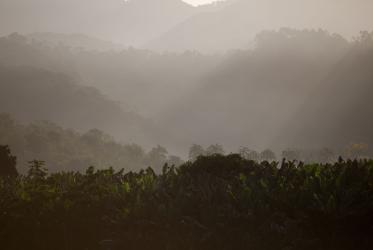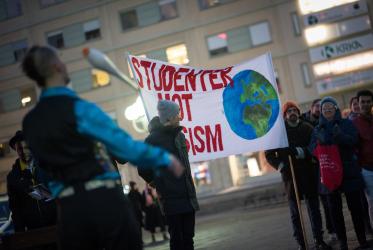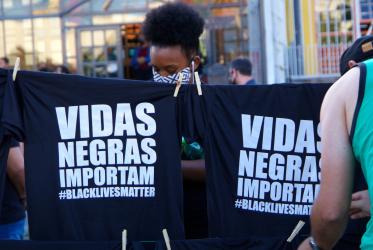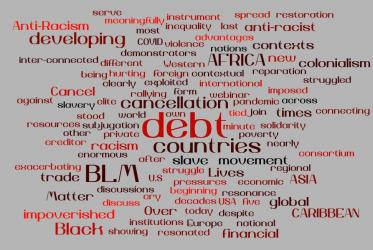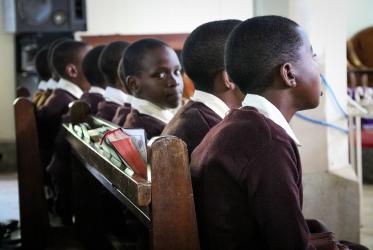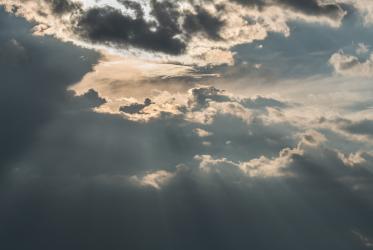Displaying 1 - 20 of 26
ACT Alliance general secretary: “equity is not negotiable”
26 September 2023
Webinar: International Day for the Elimination of Racial Discrimination “Obstacles, Opportunities and Strategies!”
25 April 2023
https://us02web.zoom.us/webinar/register/WN_RhjAAuPwRvqYhi3LwzciLg
Webinar explores intersection of debt cancellation and anti-racism
09 December 2021
Webinar - “Debt Cancellation as Anti-Racism in times of Black Lives Matter protests”
22 November 2021
Online
How racism and colonialism are exacerbating impacts of climate change
29 September 2021
Rethinking Ecological Relationships in the Anthropocene era
11 - 13 February 2021
WCC Eco-School 2021 for Pacific region on Water, Food and Climate Justice
22 - 28 February 2021
Day of prayer and fasting for peace in South Sudan, Democratic Republic of Congo
23 February 2018
Worldwide


